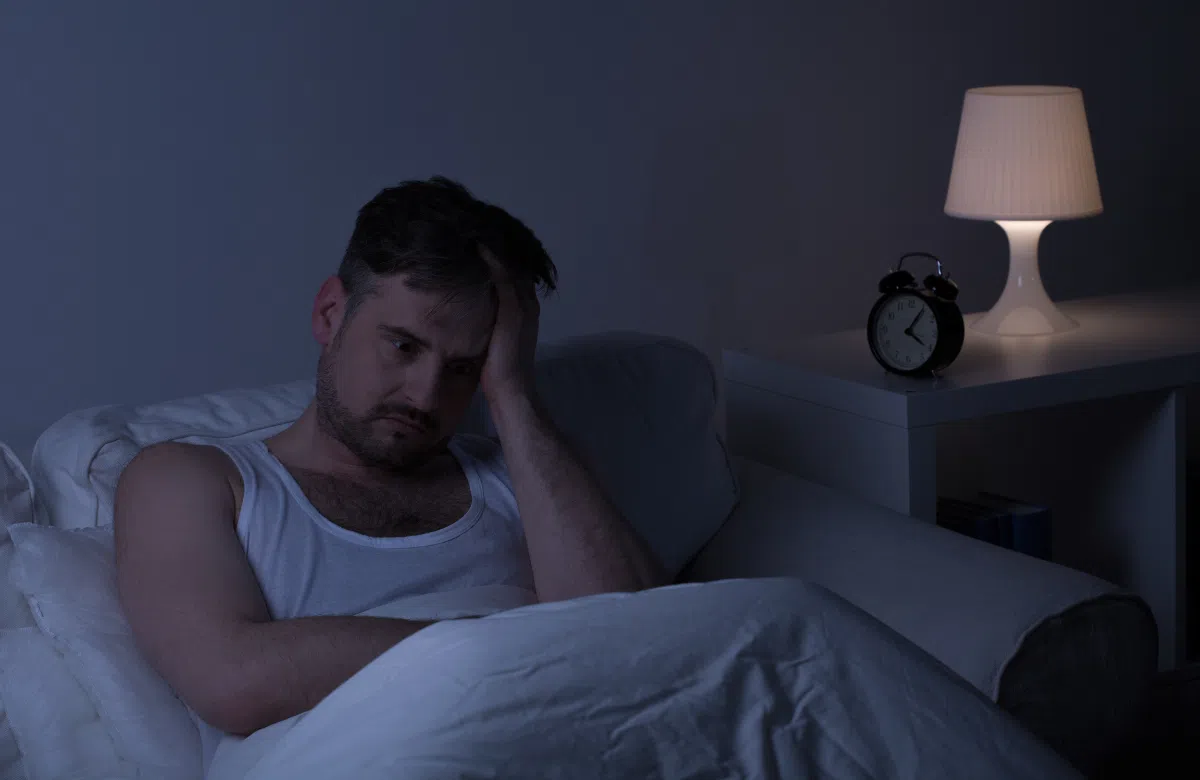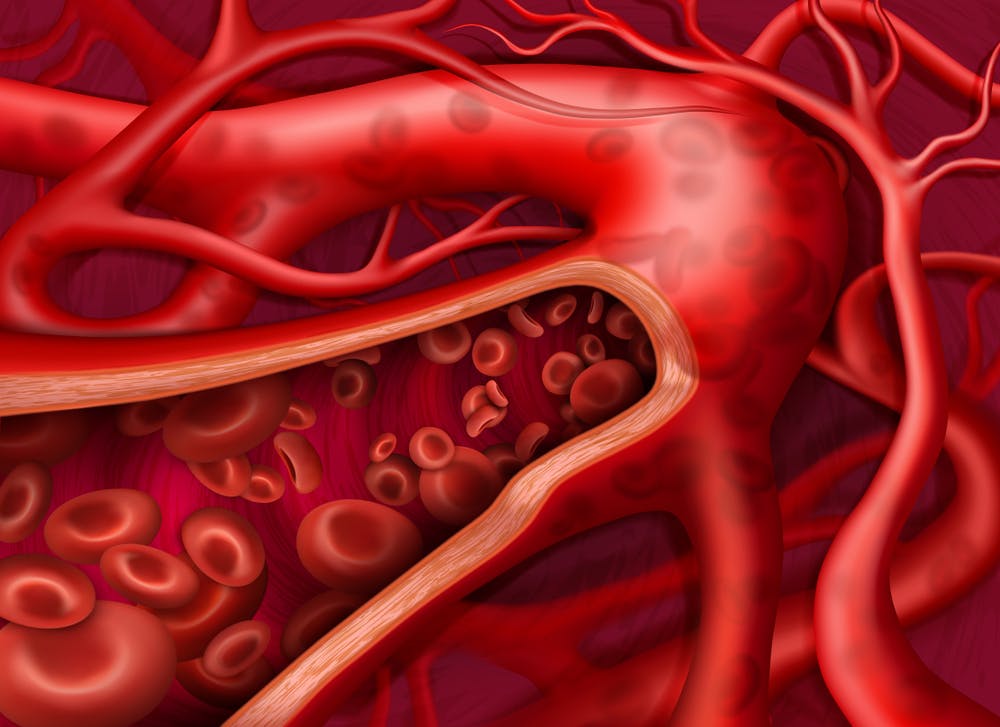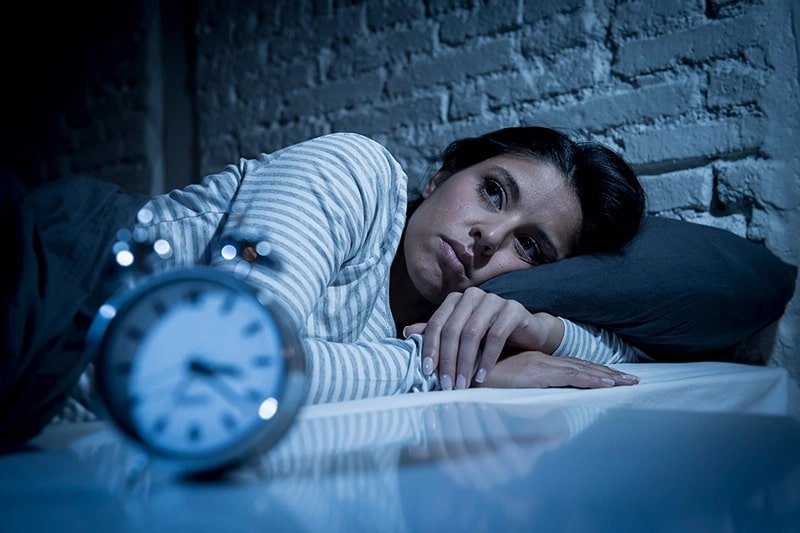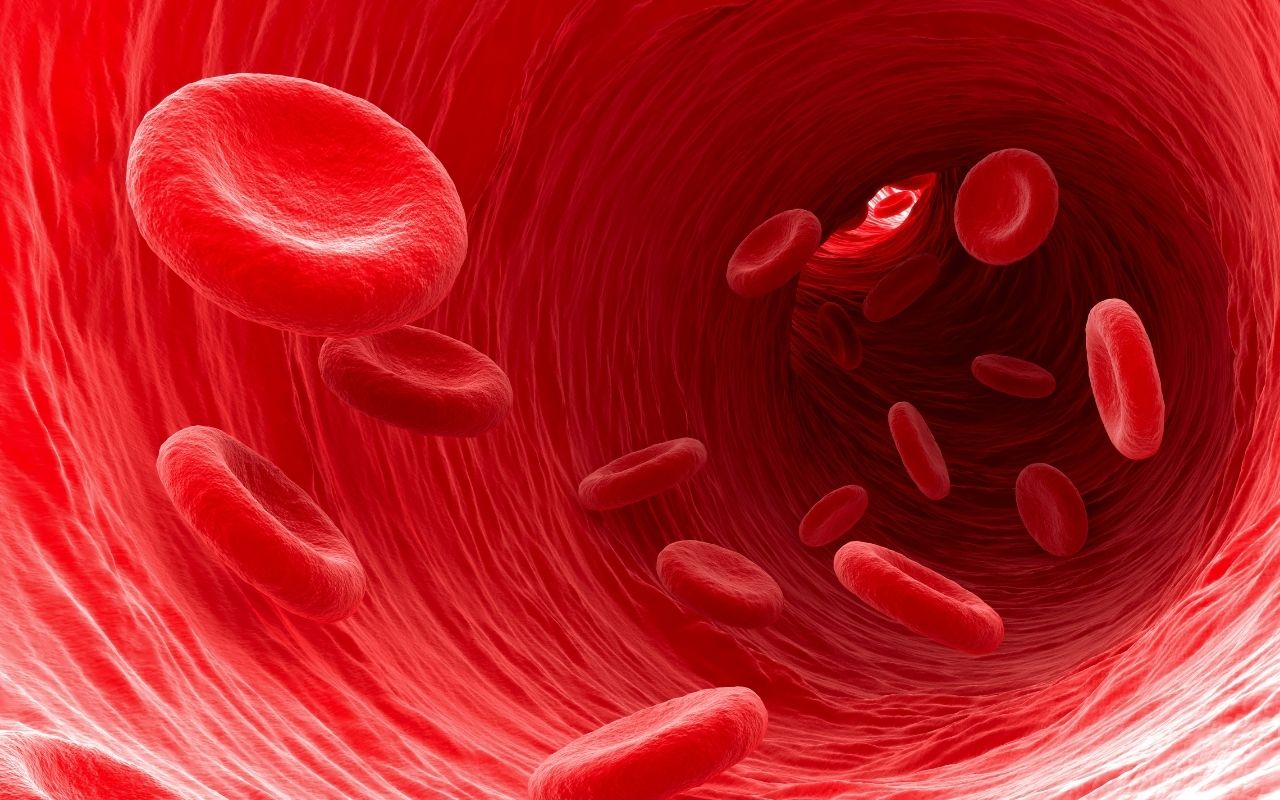Sleeplessness is an increasingly common problem, affecting not only the elderly but also young people, office workers, and those under pressure from work or studies. Some people experience sleeplessness for a few nights, while others suffer for months. The question is: Why, even after trying everything, can’t you get a good night’s sleep?
Let’s explore the hidden causes behind insomnia and the right approach to improve this problem sustainably.
When is it considered “Insomnia”?
Insomnia is more than just being unable to close your eyes, it also includes:
- Difficulty falling asleep (taking more than 30 minutes to fall asleep)
- Fitful sleep, waking up easily
- Waking up too early and being unable to fall back asleep
- Sleeping enough hours but still feeling tired and unrested
- Insomnia lasting for multiple nights a week, for 3 weeks or more
If left untreated, insomnia can become chronic, causing physical and psychological health disorders and seriously affecting the ability to learn, work, and function in daily life.
Why can’t you sleep even though you’ve tried everything?
You haven’t addressed the root cause of your insomnia
Many people focus only on the symptom of insomnia without paying attention to the underlying causes. For example, drinking herbal tea can help you relax, but if the cause of insomnia is stress, hormonal imbalances, or thyroid disorders, simply relaxing is not enough.
To sleep well, you need to accurately identify the causes of insomnia and address them at their root.
Prolonged psychological pressure and stress
Psychological stress is the leading cause of insomnia. When you feel anxious and overthink, your brain releases cortisol – the stress hormone – making it difficult to fall asleep or causing you to wake up easily during the night.
Even if you have tried relaxation techniques, if your mind is still “racing” with work, financial worries, family issues, and so on, sleep will remain elusive.

Stress is a common reason why you can’t sleep
Inconsistent lifestyle habits
You may be unintentionally maintaining habits that harm your sleep without realizing it, such as:
- Sleeping in on weekends
- Looking at your phone or laptop before bed
- Drinking coffee or tea after 3 PM
- Eating dinner too late or too much
- Not having a fixed bedtime
These factors disrupt the circadian rhythm, making it difficult for the body to distinguish between when it needs to rest and when it needs to be awake.
Using electronic devices before bedtime.
Blue light emitted from phone, computer, and television screens can suppress the production of melatonin, a crucial hormone that helps the body feel sleepy. Consequently, even after you’re in bed, your brain remains in a state of “high alert.”
Many people mistakenly believe that browsing social media is relaxing, but in reality, it leads to poorer sleep quality.
Lack of physical activity during the day
The body needs activity to expend energy and create a feeling of sleepiness at night. If you sit too much and are inactive, the brain and body become “lazy,” leading to difficulty sleeping at night.
In addition, lack of exercise affects blood circulation and mental well-being, causing a decrease in sleep quality.
Hormone Imbalances and Health Issues
Some health conditions directly affect sleep ability:
- Hormonal disorders: common in premenopausal and postpartum women
- Thyroid diseases: hyperthyroidism causes nerve stimulation
- Depression, anxiety, bipolar disorder
- Chronic pain, arthritis, frequent urination at night (nocturia)
- Sleep apnea, restless legs syndrome
If lifestyle changes haven’t improved your sleep, consider underlying health factors and consult a specialist.
How to improve sleep problems?
Reset the biological clock
- Go to bed and wake up at the same time every day, even on weekends.
- Avoid long naps (no more than 30 minutes).
- Get early morning sunlight to help reset your body clock.
Consistency in your schedule will help your body form a natural sleep habit, making it easier to fall asleep.
Create an ideal sleeping environment
- The bedroom should be quiet, well-ventilated, and have a comfortable temperature (22–26°C).
- Turn off lights and electronic devices 30–60 minutes before sleeping.
- Use a warm yellow night light.
- Choose a suitable, comfortable mattress and pillows.
A proper sleep environment is the foundation that helps you fall into a deeper sleep more easily.
Relaxation exercises before bedtime
- Listen to soft music, meditate, read books
- Practice gentle yoga or deep breathing for 5–10 minutes
- Keep a journal to relieve your mind
These habits help reduce the activity of the sympathetic nervous system, thereby supporting easier sleep.
Healthy eating
- Avoid coffee, black tea, chocolate, and sugary drinks in the afternoon and evening.
- Avoid large meals, spicy food, or drinking a lot of water before bed.
- Include tryptophan-rich foods like bananas, oats, and warm milk in your diet.
- Eat dinner at least 2 hours before bedtime.
Food plays an important role in regulating sleep hormones and promoting relaxation.
Increase daytime physical activity
- Walking, jogging, cycling, yoga for 30 minutes each day
- Exercising during the day helps release endorphins, reduce stress, and promote deep sleep
- Avoid exercising too close to bedtime
Just stay active regularly, and you’ll notice significant improvements in your sleep after a few weeks.
Consult an expert if needed
If you have already tried the above methods but continue to experience prolonged insomnia, you should:
- See a neurologist, psychiatrist, or endocrinologist
- Check related indicators such as hormones, thyroid function, and blood pressure
- Consider psychotherapy if there are signs of depression or anxiety disorders
- Avoid self-medicating with sleep aids for extended periods without medical advice
Insomnia treatment should be a comprehensive, safe process tailored to each individual.

Try to eat scientifically to reduce insomnia.
Some natural remedies
In addition to lifestyle changes, you can try natural methods to support better sleep:
- Herbal teas: such as chamomile tea, lotus heart tea, Erythrina leaf tea, ginger tea
- Natural essential oils: lavender, peppermint, sweet orange for room inhalation
- Soaking your feet in warm water before bed helps relax the nerves
However, these measures should be combined with comprehensive lifestyle adjustments for the best results.
Insomnia is a problem that cannot be taken lightly
Sleep is an essential part of human health. Lack of sleep not only makes you tired but also weakens your immune system, affects your mental health, and increases the risk of developing many chronic diseases.
If you are struggling with sleepless nights, don’t just focus on “trying to sleep.” Investigate the underlying causes, adjust your lifestyle, and if necessary, seek help from a professional. Good sleep doesn’t come from forced effort, but from understanding and properly caring for your body.







